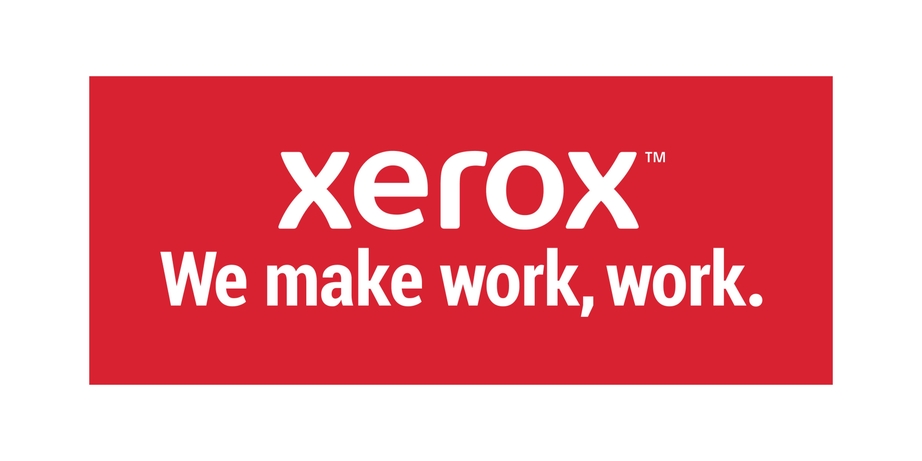Toner News Mobile › Forums › Toner News Main Forums › Xerox Workers Get Fee Award Cut After $4.1 Million 401(k) Deal.
- This topic is empty.
-
AuthorPosts
-
jimKeymasterXerox Workers Get Fee Award Cut After $4.1 Million 401(k) Deal.
In a significant legal development, Xerox Holdings Corporation has reached a $4.1 million preliminary settlement in an ERISA (Employee Retirement Income Security Act) lawsuit involving nearly 40,000 Xerox employees. The lawsuit centered around allegations that plan fiduciaries mismanaged the company’s 401(k) retirement plan by passing on excessive fees for recordkeeping services to participants.Here are the key details of the settlement: Settlement Amount: Xerox will pay the $4.1 million gross settlement amount into a common fund established for the benefit of the settlement class.
Prospective Relief: As part of the settlement, defendants will use an independent consultant within five years from the effective date of the agreement. The consultant will assist with a request for proposal, fee benchmarking study, or other comparative analysis to ensure that the plan’s recordkeeping fees remain competitive.
Litigation Context: The legal battle began when a class action was filed against Xerox Corp. and its 401(k)-retirement plan committee in August 2021. The plaintiffs alleged egregious mismanagement of plan fees, accusing Xerox of charging fees significantly higher than competitive rates.
Attorney Fees: Judge Sarala V. Nagala sanctioned a 25% reduction of the settlement amount to the plaintiffs’ attorneys, resulting in a balanced figure exceeding $1 million. This adjustment followed a detailed assessment based on precedents and benchmarking against similar cases.
The settlement not only addresses the core issue raised by the plaintiffs but also emphasizes the importance of reasonable plan expenses going forward. Xerox’s commitment to retaining an independent consultant underscores its dedication to transparency and competitiveness in recordkeeping fees. While the company maintains that it acted prudently and loyally, the settlement allows both parties to avoid the risks and uncertainties of further litigation. As Xerox and its employees move forward, this case serves as a notable example of ERISA-related legal outcomes and the impact on retirement plan management.
-
AuthorApril 18, 2024 at 6:10 PM
- You must be logged in to reply to this topic.

